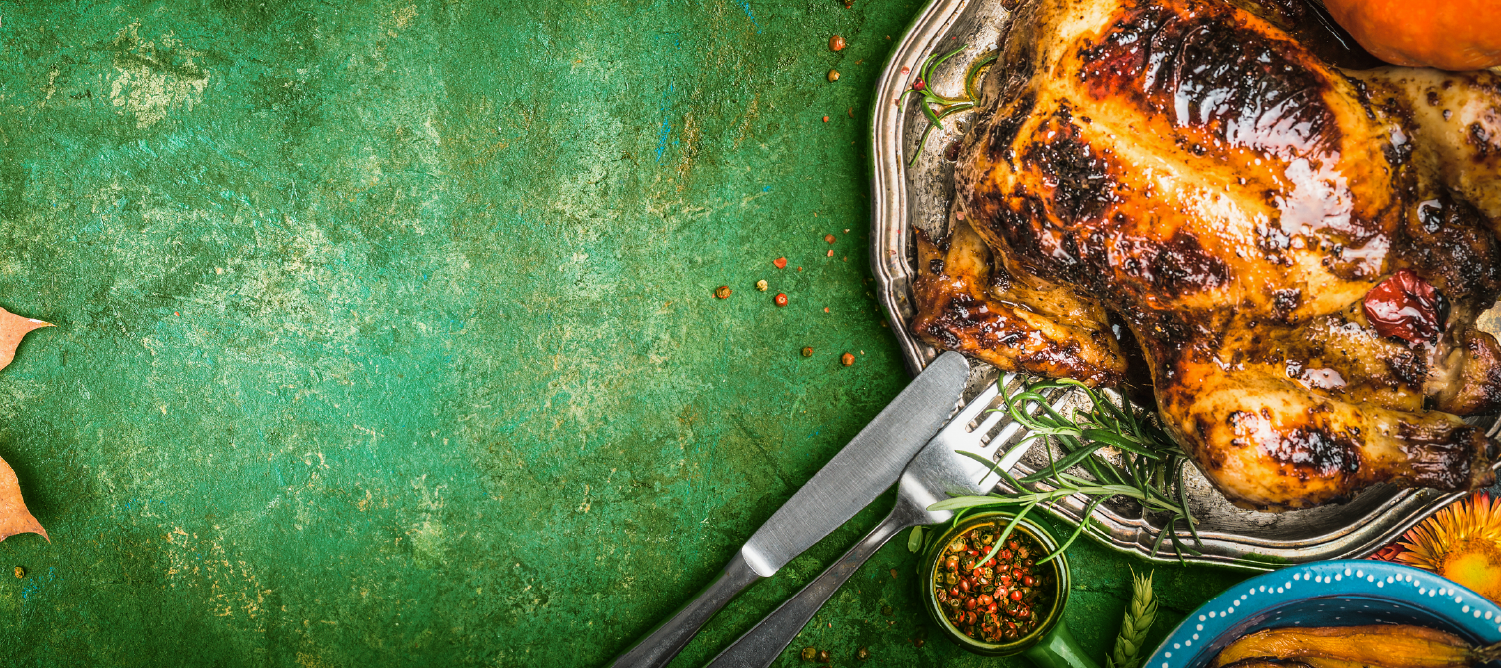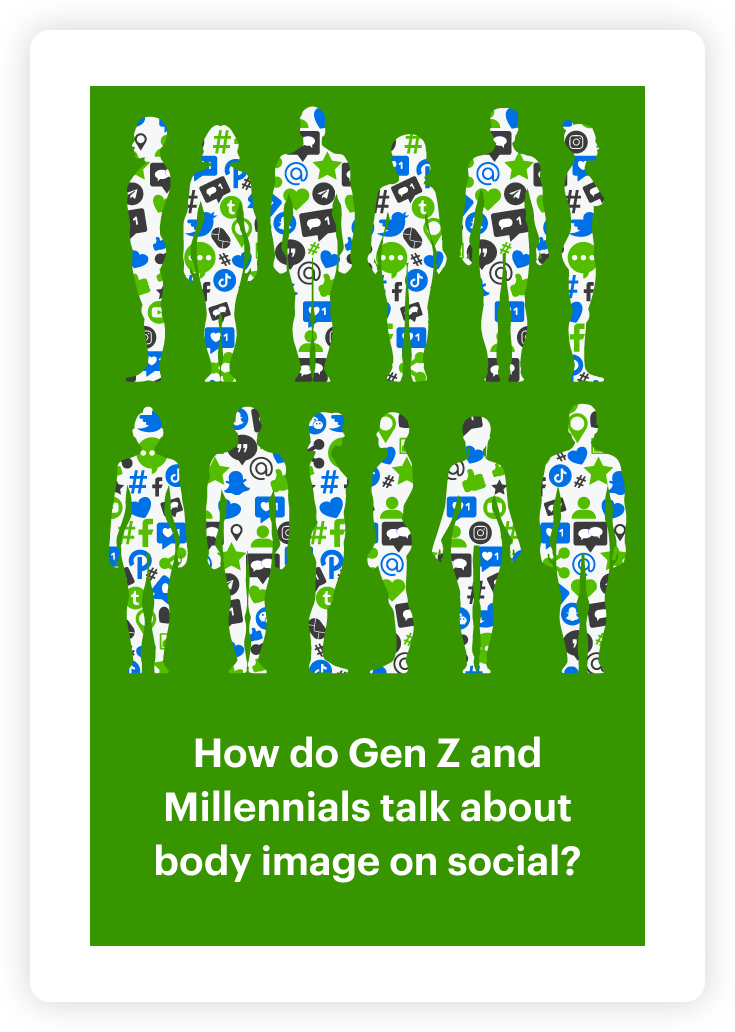Canadian vs. American Thanksgiving: what’s the difference?

What’s the difference between Canadian vs. American Thanksgiving? Truthfully, I don’t know. I consulted my Canadian colleague, and he wasn’t exactly sure either.
We know Canadian Thanksgiving is in October, and American Thanksgiving is in November – but do these differences go any deeper? We wanted to find out. By comparing conversations about Canadian vs. American Thanksgiving, we uncovered key cultural differences in how and why we celebrate.
First, we used a social listening software to pull tweets mentioning Thanksgiving during the week of each country’s respective holiday. One of the benefits of social listening is that you can access millions of opinions from people all over the world, but the real power come from analyzing those words. That’s where Relative Insight comes in.
We used Relative Insight to perform social media analysis comparing the language used in Canada and the US. The analysis highlighted the topics, words, phrases, grammar and emotion unique to each audience.
(If you’re looking for a historic reason for the different celebrations, Canadians honor the harvest season, which takes place in October. While Americans celebrate in November because Abraham Lincoln said so.)
Now, let’s get to the insights:
Thanksgiving in Canada
Canadians continue to embody the original spirit of the holiday. Tweets were more likely to mention words and phrases like thankful, gratitude, blessings, and give thanks. Canadians detailed the things in their lives they were grateful for including friends, food, love and the little things.

Canadians talked about who they were spending the holiday with more often than Americans. Friends, family, guests and loved ones join together to give thanks and celebrate the harvest season.
In Canada, Thanksgiving is usually associated with the entire weekend, which we observed through the use of phrases like thanksgiving weekend and thanksgiving long weekend. Canadians were 158.6x more likely to encompass the Saturday and Sunday before Thanksgiving with the holiday.

While American and Canadian Thanksgiving foods are essentially the same, we discovered which foods each country’s citizens were more likely to talk about. Popular foods in Canada are apple and pumpkin pies, potatoes, tarts and tea.
Thanksgiving in the United States
Holidays are all about the food. South of the Canadian border, Americans celebrate Thanksgiving with casseroles (specifically green bean casserole), cornbread, stuffing (also called dressing), cranberry sauce and sweet potato pie. But Thanksgiving spreads don’t come cheap – tweets mentioned words like cost, money and expensive when talking about the holiday.
Americans were also more likely to prepare for the holiday days and weeks in advance. They talked about grocery shopping, prepping foods, decorating and planning menus 3.3x more than their Canadian neighbors.

Due to this preparation, Americans associated the entire week with Thanksgiving – not just the weekend as we saw in Canada. US tweets were more likely to use phrases like Thanksgiving week, the week of Thanksgiving, and Thanksgiving break.
As part of this week-long preparation, many college students and travelers returning home for the holiday take part in Thanksgiving Eve or the night before Thanksgiving. This rich tradition encourages Americans to visit their hometown bar and get drunk with high school acquaintances once a year.

Speaking of drinking, alcohol is not limited to Thanksgiving Eve. Americans were more likely to tweet using the words wine, shots, drunk and blackout – often to tolerate any political conversations that might arise.
Because American Thanksgiving is held at the end of November, it also marks the beginning of the holiday season. Many Twitter users consider Nov. 25 the gateway to Christmas, which we saw through the use of words like Christmas, festive, holidays, the holiday season and Christmas music.

This analysis has helped us answer the age old question – what’s the difference between Canadian vs. American Thanksgiving? The holiday is at its core very similar in the US and Canada, but our unique cultures and traditions shape the way we celebrate. These cultural differences are reflected in the language we use to discuss Thanksgiving and how we talk about other holidays, such as Christmas.
Relative Insight helps brands amplify the benefits of social listening using text analytics. We help brands to develop better cultural understandings of their audiences through social media analysis – get in touch to learn how we can help you!
